Virginia Tech students sat quietly, some weeping at the Blacksburg Jewish Community Center’s brief prayer service Tuesday night, too overcome, too emotionally exhausted to do much more than answer ‘amen’ to recital of the mourner’s prayer by Rabbi Yossel Kranz, Executive Director of Chabad of the Virginias.
An understandably agitated Virginia Tech student Ania Margulis brushed off attempts to put her feelings into words. “I just think it is inappropriate to discuss something that is tragic while I am trying to heal,” she said.
Chabad representatives whose pastoral duties are routinely thick with crisis counseling, say their role now is just to be there for the students as they begin to heal.
"Students at Virginia Tech are scared," said Rabbi Shlomo Mayer, of Chabad of University of Virginia, the college Chabad representative closest to the site of Tuesday’s massacre. At the JCC prayer service, Jewish Virginia Tech students sought the rabbi out. "There's a lot of crying and confusion, and students just need a shoulder to cry on right now."
Aware that the rawness of the first days will soon fade, Rabbi Mayer and his wife Channa are mindfully taking steps to fill the spiritual void that an unfathomable tragedy leaves in its wake. In an email message, they encouraged students to come to the Chabad center this Friday evening to light Shabbat candles as a mitzvah to honor those who perished.
Shabbat candles, Rabbi Mayer learned, have special significance to the family of Professor Liviu Librescu, the Romanian-born Holocaust survivor who was murdered while reportedly attempting to shield his students from the rampage. Rabbi Mayer, formerly of Romania, spent time with Marlena Librescu, the professor’s wife Tuesday night, speaking to her in her native tongue.
Mrs. Librescu, who has accompanied her husband's body to Israel arriving there Thursday morning for his funeral, recalled the times that her husband would keep an eye on the setting sun so she would not miss an opportunity to light candles before the Sabbath began. Both Marlena and Liviu’s mothers held dear the tradition of lighting Shabbat candles.
“After we found out how important the Shabbat candles were to their family, my wife and I sent out the email to the students,” said Rabbi Mayer.
Though the students are still “numb and in shock,” according to Rabbi Mayer, he and his wife are expecting a larger crowd than their usual 50 students to gather for Shabbat dinner this week.
Rabbi Menachem Kutner, Chabad Terror Victims Project director of activities who has expertise dealing with survivors in the aftermath of terror, confirmed that once the shellshock wears off, survivors, family members and friends are driven “to do something positive, to take action” to combat the helplessness they feel at the loss of loved ones.
“You have to give people an opportunity to do something good for the world that will be a merit for those they have lost,” Rabbi Kutner said.
Almost exactly eight years ago, when thirteen people were fatally shot by two students at Columbine High School in Littleton, CO, the local Chabad center responded with a similar mitzvah action plan. Rabbi Yisroel Engel of Chabad Lubavitch of Colorado in Denver recalls hosting several Torah classes for the community dedicated to the memory of those who were slain. In addition, Chabad advanced the mitzvah affixing a mezuzah to one’s doorways and wearing tefillin, both practices are traditionally linked with a sense of protection.
On campuses across the country, most Chabad centers reached by Lubavitch.com were not planning any special events related to the Virginia Tech murders. At Boston University Chabad's Rabbi Shmuel Posner says he does "not see a huge reaction.” Aside from a few University of Chicago students nervous about security, it seems that for most students, says Rabbi Yossi Brackman of Chabad Jewish Center, "this enormous tragedy is perceived as an act of one troubled person doing something terrible.”
At New York University, Hebrew and Judaic Studies Professor Lawrence H. Schiffman noticed the same. Asked what kind of response he’d like to see from Chabad representatives to this week’s event, he told Lubavitch.com: “recognize when someone needs help and making the point that if someone needs help, he should get help.”
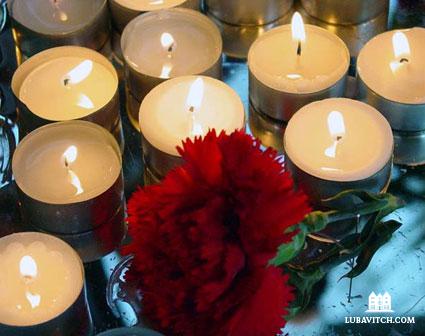

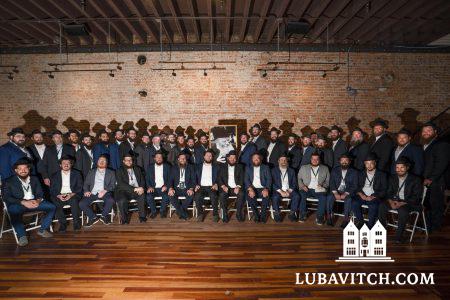
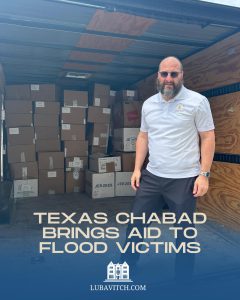
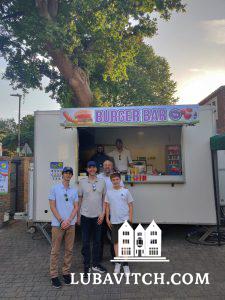
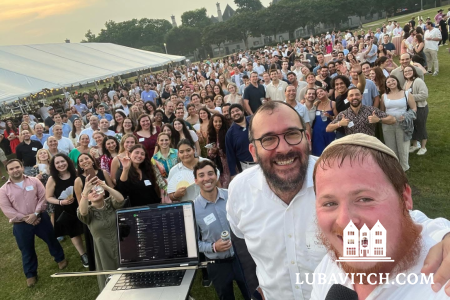
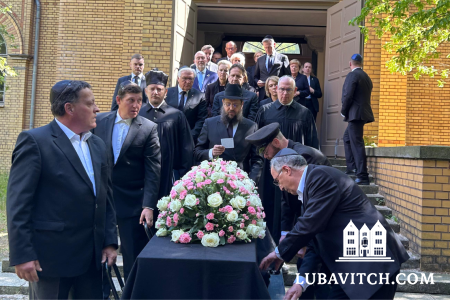
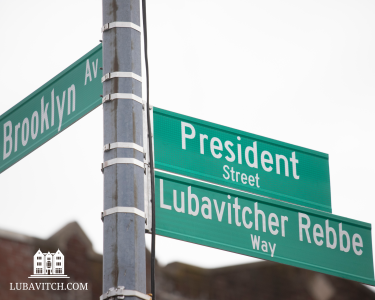
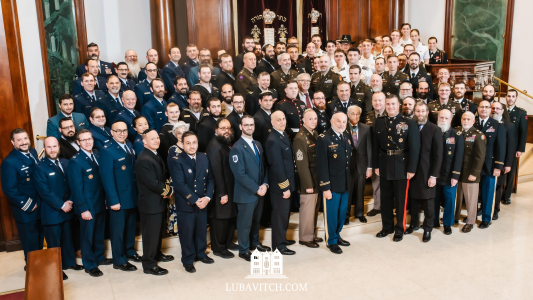

Be the first to write a comment.